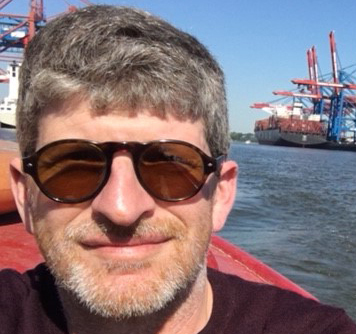When Leonard Brooks, a professor of business ethics and accounting at U of T Mississauga’s Institute for Management and Innovation, launched a graduate diploma in forensic accounting in 2003, it was one of just three such programs globally, attracting participants from as far afield as New Zealand. Now, the Ontario government has given UTM the green light to transform the diploma into a full master’s degree, with the first class scheduled for September 2017.
With steadily mounting concern about money-laundering and Internet scams, Brooks says there’s enormous demand for professionals who are conversant in the latest investigative accounting techniques and can use the training to step into leadership positions within the field. “White collar criminals who engage in fraud and money-laundering throughout the world are extremely resourceful and have considerable expertise in how to exploit the gaps in the system,” he observes. “There has to be somewhere in the world where investigators are being educated to the advanced level needed to prevent and catch them.”
The Master of Forensic Accounting (MFAcc) program, delivered online, is geared at professionals in fields such as accounting, compliance, law enforcement, regulatory oversight and business valuation. “Our focus is to provide the most rigorous, comprehensive forensic accounting program in the world,” says Brooks.
In 2013, the City of Mississauga made a historic commitment to invest $10 million in the Innovation Complex, which houses the Institute for Management and Innovation. The institute aims to produce future leaders with a combination of management skills and depth in their chosen field.
For more information, visit mfacc.utoronto.ca.
Recent Posts
People Worry That AI Will Replace Workers. But It Could Make Some More Productive
These scholars say artificial intelligence could help reduce income inequality
A Sentinel for Global Health
AI is promising a better – and faster – way to monitor the world for emerging medical threats
The Age of Deception
AI is generating a disinformation arms race. The window to stop it may be closing





